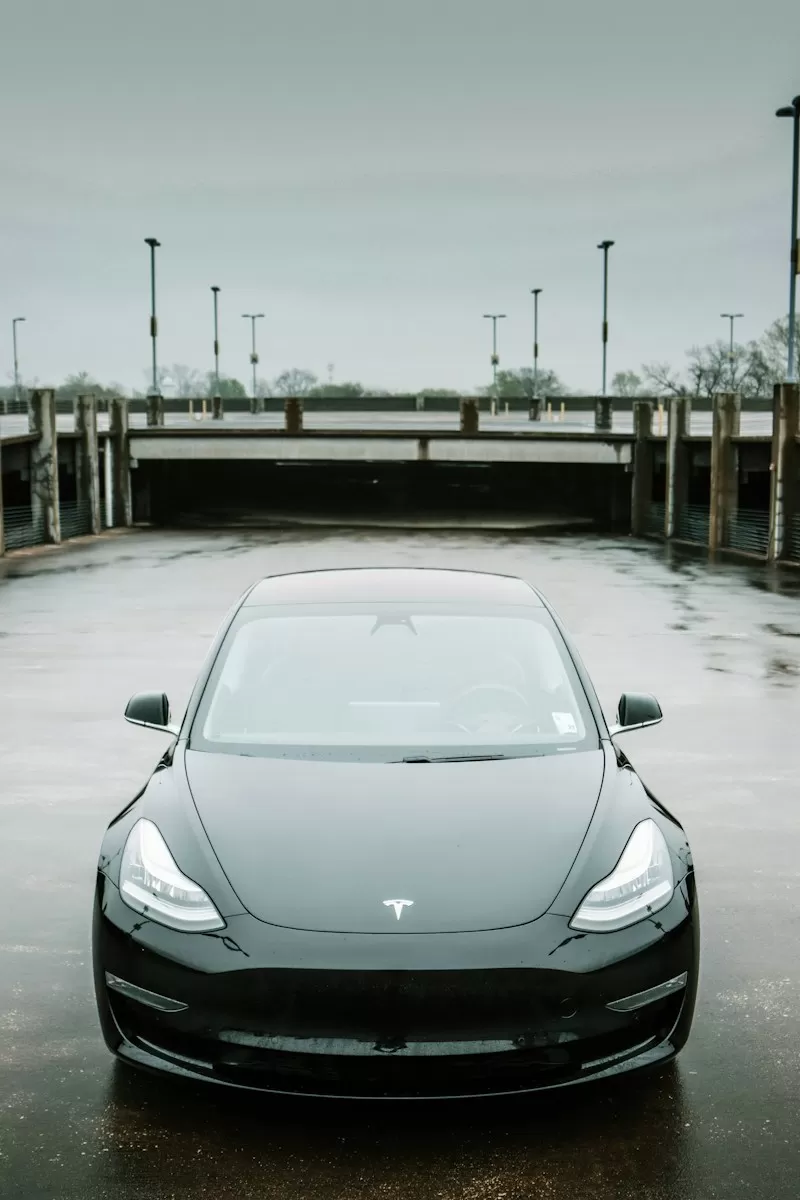jfid – Singapore, known for its success in managing the COVID-19 pandemic, is now facing new challenges with the emergence of a more transmissible and potentially more dangerous variant of the coronavirus.
Variants EG.5 and HK.3, derivatives of the XBB Omicron variant, currently dominate over 75 percent of daily cases in Singapore.
In October 2023, Singapore recorded the highest surge in cases throughout the year, averaging around 2,000 cases per day.
This rise prompts the question of whether Singapore will reimpose lockdown or strict social restrictions as it did in 2020 and 2021. Back then, Singapore implemented the “circuit breaker,” a temporary halt to non-essential social and economic activities to prevent virus spread.
While that policy successfully reduced infection and death rates from COVID-19, it negatively impacted the economy and public welfare.
However, the current situation differs from before. Singapore now boasts a very high vaccination rate, with over 90 percent of its population having received two doses of the COVID-19 vaccine.
Vaccination has proven effective in protecting individuals from severe illness and death caused by COVID-19, although it does not fully prevent infection.
Moreover, Singapore has developed a more flexible and efficient care and isolation system, utilizing telemedicine technology and rapid antigen testing.
Therefore, the Singaporean government does not plan drastic measures like a lockdown but sees COVID-19 as an endemic disease to be managed alongside daily life.
This aligns with Singapore’s long-term strategy to achieve a new normal, where people can resume normal activities while adhering to strict health protocols, such as wearing masks, maintaining social distance, and contact tracing.
However, this does not mean Singapore will be complacent in the face of the COVID-19 threat. The government remains vigilant, periodically monitoring and evaluating the pandemic situation, ready to take preventive or tightening measures if necessary.
For instance, in August 2021, Singapore briefly reduced the social gathering limit from five to two people and banned dining in at restaurants in response to local case increases. These measures were later eased as the situation improved.
Singapore continues efforts to enhance its preparedness and community resilience against COVID-19, improving access and quality of healthcare services, educating and encouraging public participation in vaccination and testing programs, and providing assistance and incentives for individuals and sectors affected by the pandemic.
In conclusion, Singapore does not plan to implement a lockdown again unless there is an emergency threatening public safety. Singapore chooses to adapt to COVID-19 by optimizing resource and technology use while maintaining community discipline and solidarity. Singapore believes that through these measures, the country and its people can endure and emerge stronger from the pandemic crisis, achieving a better and safer new normal.













